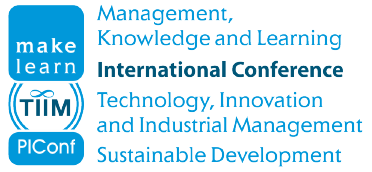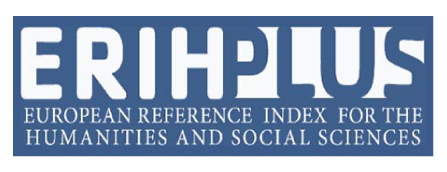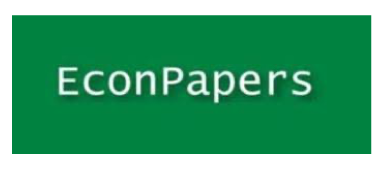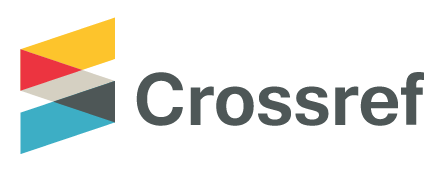Redesigning Knowledge Creation Support in Online Environments: An Empirical Study on Process Structures and Adaptive Strategies
DOI:
https://doi.org/10.53615/2232-5697.14.265-275Keywords:
Knowledge Creation, Online Communication, Digital CollaborationAbstract
Purpose: This study aims to theorize and empirically validate a recursive and mediated support process for online knowledge creation in organizational contexts. Drawing on the IEM model—which comprises internalized expression, explicit collaboration, and mediated integration—the research challenges the conventional assumption that face-to-face interaction is a prerequisite for effective knowledge generation.
Study design/methodology/approach: A large-scale nationwide survey was conducted with 2,408 business professionals in Japan. Structural equation modeling (SEM) was employed to examine the hypothesized relationships among the IEM model constructs, including a feedback loop structure from mediated integration to internalized expression.
Findings: The analysis revealed that all three phases—internalized expression, explicit collaboration, and mediated integration—are not only sequentially connected but also mutually reinforcing. The recursive feedback from mediated integration to internalized expression was statistically significant, underscoring the adaptive and cyclical nature of digital knowledge creation.
Originality/value: This study introduces a theoretically grounded and empirically validated IEM model for online knowledge creation. By demonstrating that effective knowledge generation can be sustained through digitally mediated, empathy-supported processes, the study provides a novel framework with strong implications for remote collaboration and knowledge management in hybrid work environments.
Downloads
Downloads
Published
License
Copyright (c) 2025 Kouichi Hayashi

This work is licensed under a Creative Commons Attribution-ShareAlike 4.0 International License.
















